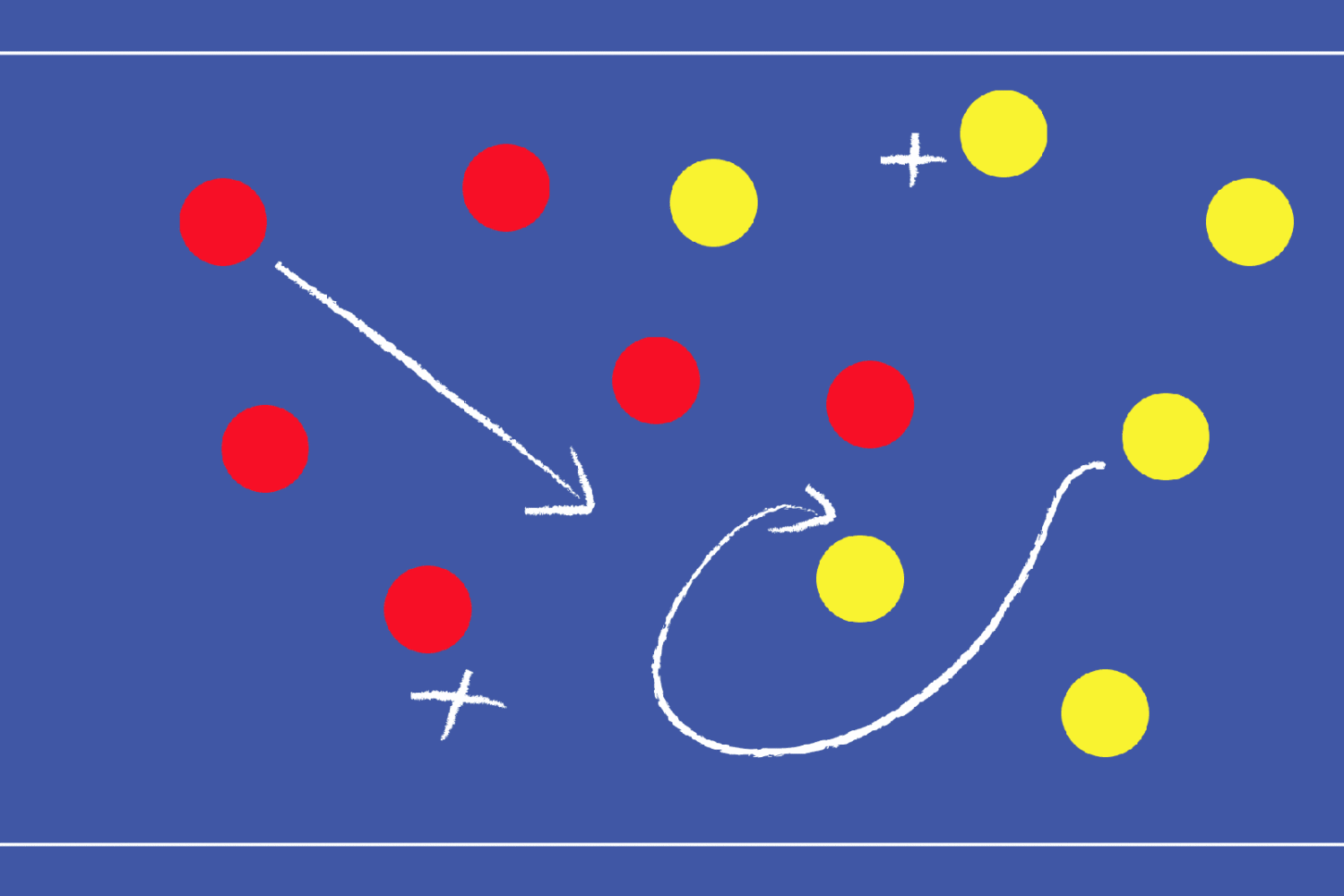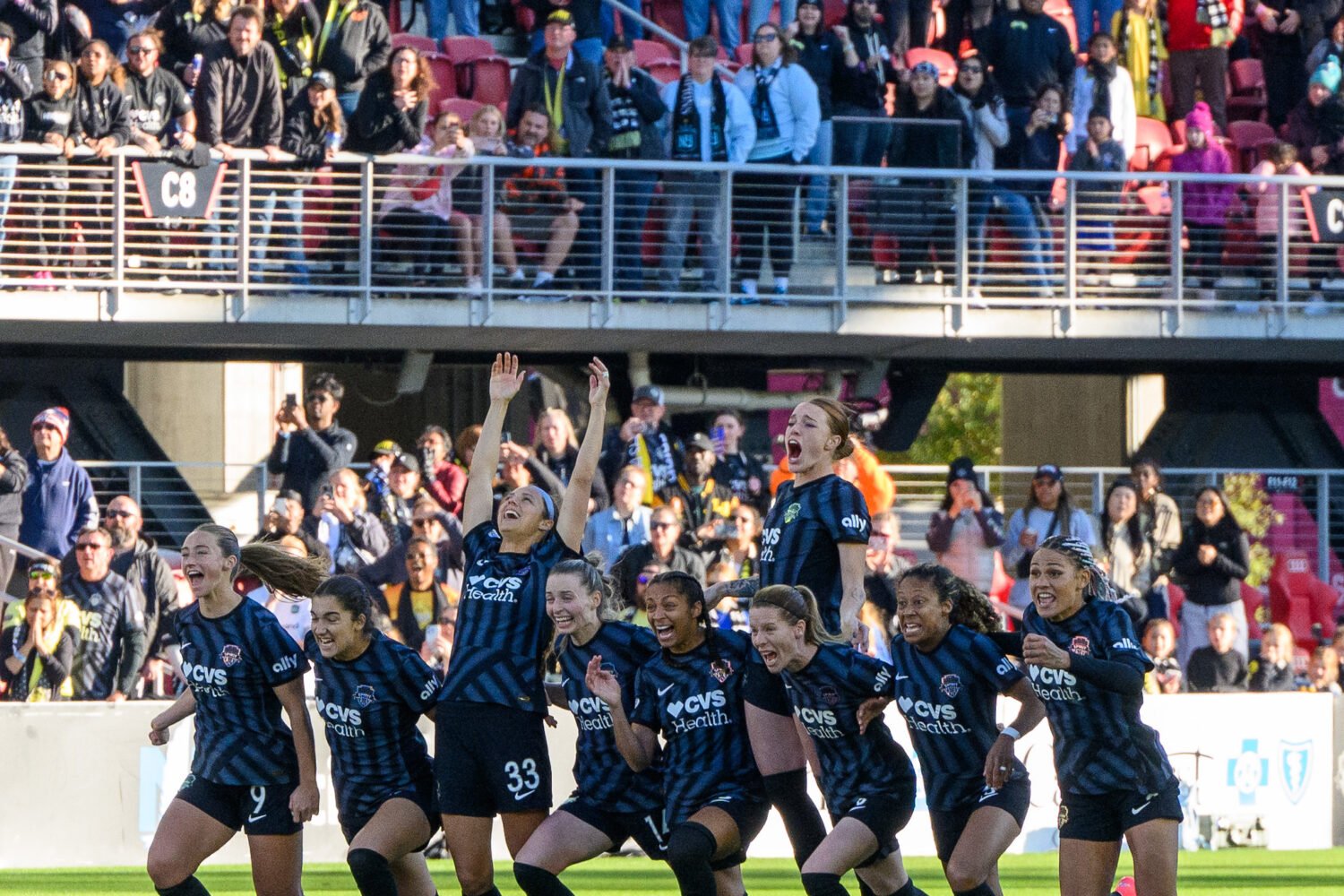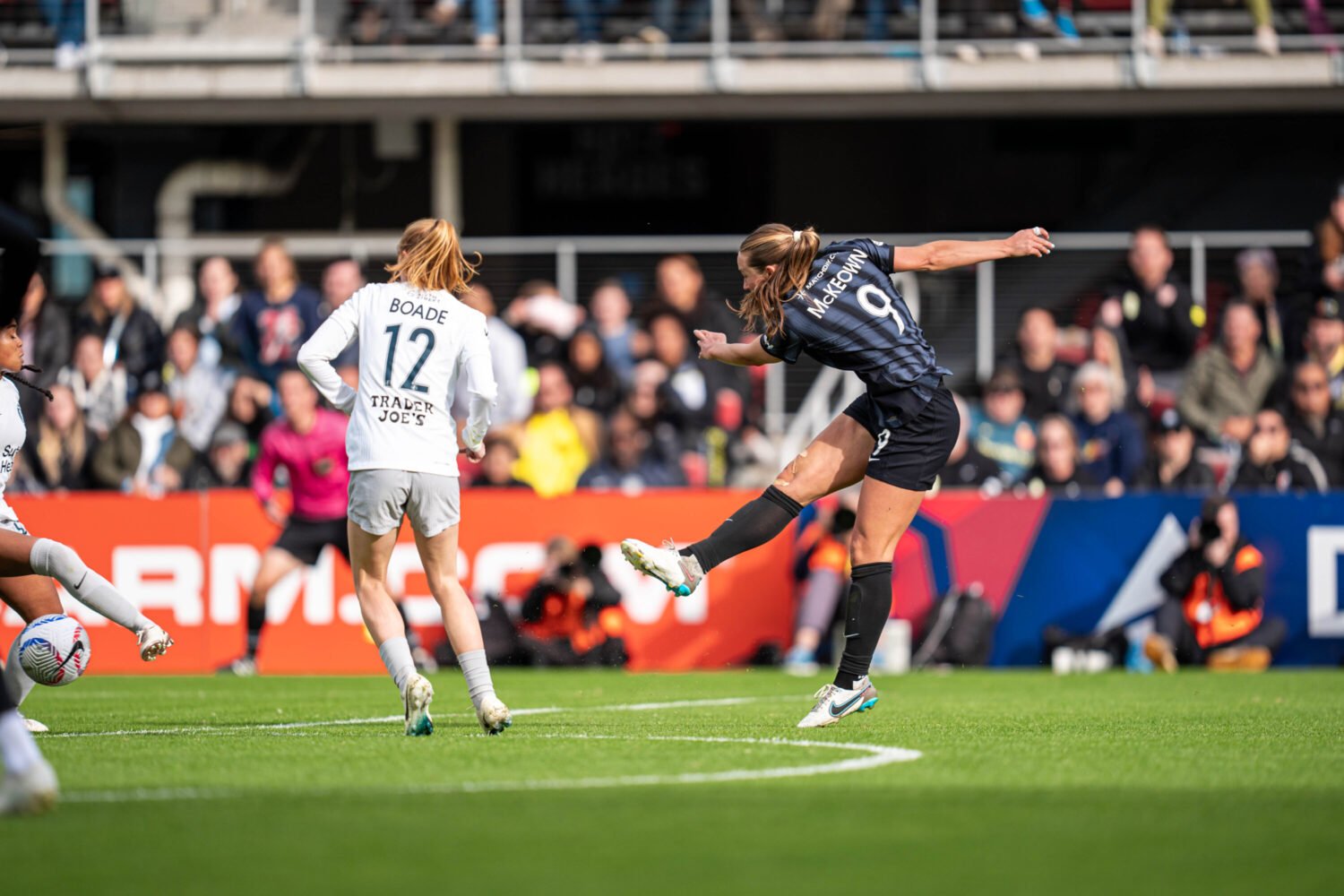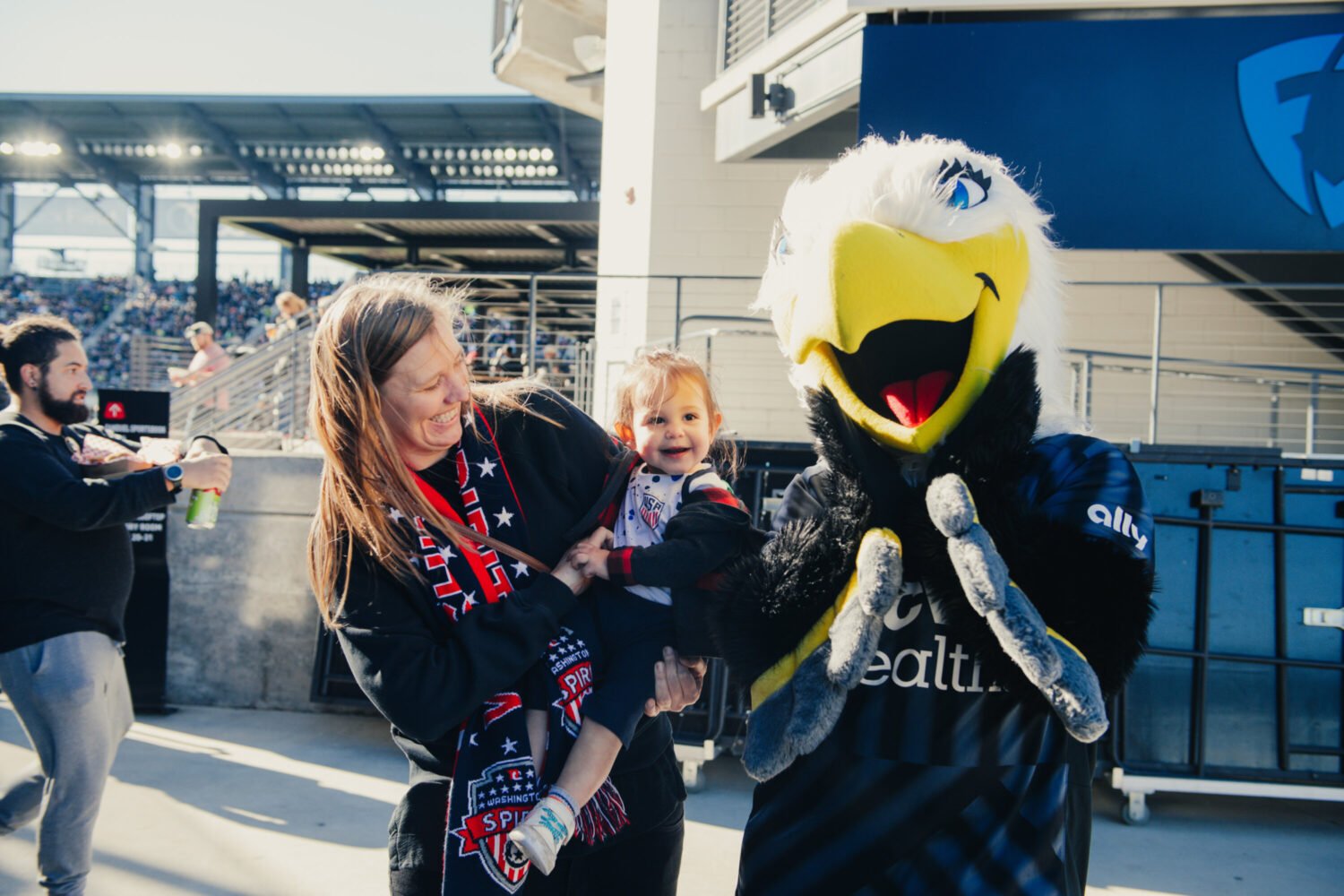The primary owner of the Washington Spirit has announced his resignation as the club’s CEO and managing partner, a development that follows claims of a toxic workplace culture inside the local National Women’s Soccer League team.
Steve Baldwin made the announcement Tuesday in a statement posted to Twitter. “I hope that stepping back removes me as a distraction and allows the club to thrive,” he said.

Pressure has been building on Baldwin since August, when a Washington Post investigation found that at least four Spirit players had departed the team on account of the vernal abuse of former head coach, Richie Burke. (Burke resigned his job as The Post was reporting on the allegations. He attributed his decision to “health concerns.”)
In the wake of the report, the NWSL launched its own investigation, which eventually uncovered allegations of an “old boys’ club” culture that was toxic for the women who worked there, according to The Post.
More recently, 27 Spirit players signed a letter asking Baldwin to step down, according to The Post.
The developments at the Washington club are part of a broader reckoning in the NWSL. The league postponed all games this past weekend after a different club, the North Carolina Courage, fired a coach who’d been accused of sexual misconduct, according to ESPN.
This probably won’t be the last development in this matter. In his statement announcing his resignation as CEO, Baldwin did not address the question of whether or not he would retain his financial stake in the team. The team’s co-owner, Y. Michelle Kang, has previously called on Baldwin to sell his ownership interest to her, according to The Post.

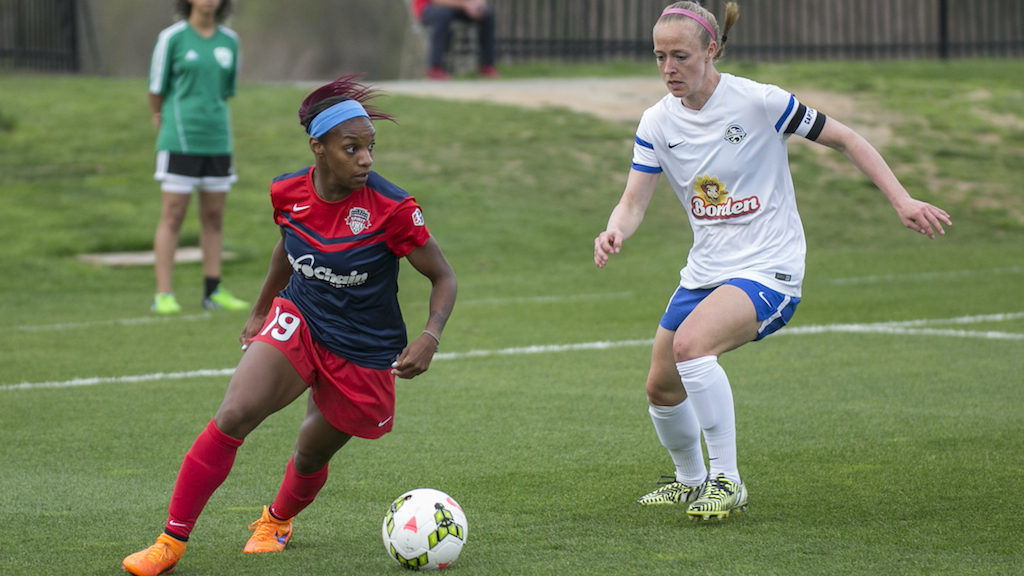
![Luke 008[2]-1 - Washingtonian](https://www.washingtonian.com/wp-content/uploads/2017/10/Luke-0082-1-e1509126354184.jpg)






